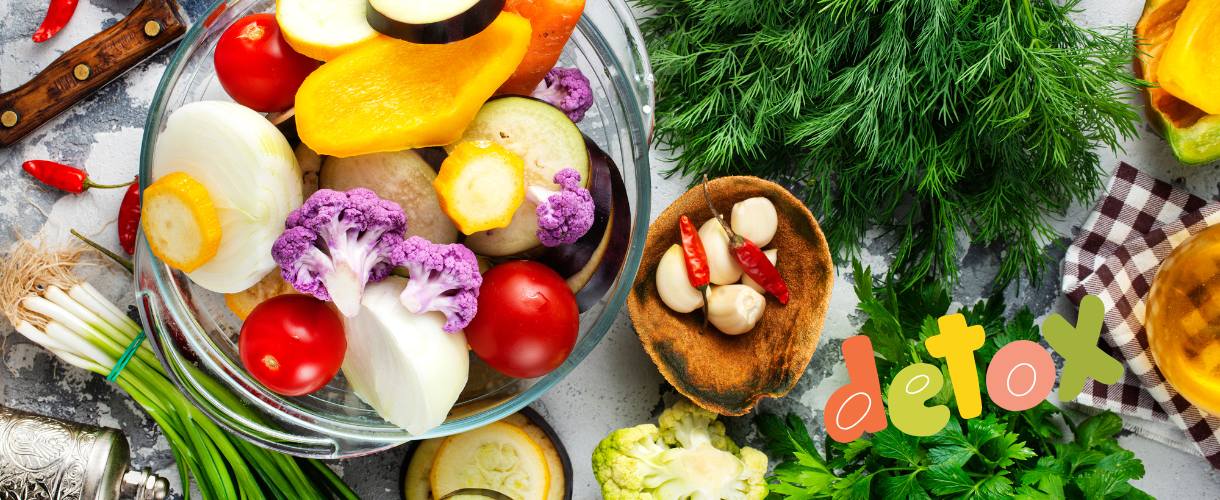
Yoga Teacher Training: Connection, Spirituality and Purpose
June 19, 2024
Eat According to the Seasons
July 15, 2024COOK, TASTE, HEAL
Intensive Ayurvedic Nutrition and Cooking Residential Weekend
The Healing Cuisine.
Let food be thy medicine.
NEXT DATES 19 – 21 July 2024
LIMITED SPACES AVAILABLE
From $885 per person
In India, cooking is a form of worship: Annam Brahman – translation: food is god. No one does vegetarian cooking like India. Ayurveda has made this art into a science and places the utmost importance on food to maintain health and to prevent diseases.
Ayurveda revolves around the doctrine of tridosha and around the unique concept of an individual’s constitution. The balance of the Tridoshas (Vata, Pitta and Kapha) is important for maintaining health.
Vegetarianism and plant based eating, veganism, are globally on the rise. There are many benefits to choosing the path of plant based veganism, but at the same time, we need to understand that in so doing, many of the Ayurvedic “superfoods”, such as Cow’s milk, Cow’s ghee, and honey, are unfortunately being discarded in veganism. Studies show that in the long term, deficiencies of Vitamin B12, Calcium, Vitamin D, Iron and Zinc can be seen in many individuals who are strict vegans. Additionally, there could be limitations of using plant sources of protein, such as lentils and beans daily. Products such as lentils, beans,Tofu, and Tempeh can give rise to discomforting symptoms such as gas, bloating, fullness of the stomach etc., if not combined with the right spices.
According to Ayurveda, not only is the selection of food ingredients important, but also the way in which it is processed (for instance boiling, steaming, roasting, frying, etc), plays an important role in healthy digestion. Additionally, it is also important to consider which food ingredients go together well and which food combinations are incompatible.
Here is an opportunity to learn about the right recipes for favouring vegetarianism and veganism and to support the requirements of missing vitamins and minerals caused by a plant based diet.
The ayurvedic cooking weekend is conducted in a boutique eco retreat center, and class sizes have been kept small to enhance your learning experience.
The following topics are covered over the weekend :
Food as an important tool to prevent diseases
Concept of your digestive fire, agni and biological toxins, ama.
Important dietetic factors in Ayurveda
The Yoga of food
Principles of best eating regarding:
Water: When and how much to drink
Food: How much and how frequently to eat
The importance of herbs and spices in Ayurveda
How the food ingredients change their properties depending on the type of processing they undergo.
Doshas. Different constitutions and food
Incompatible food ingredients
Overview of grains, pulses, lentils, beans from an Ayurvedic perspective
Vegetables: Ayurvedic properties
Salt and Sugar: Different types and their benefits according to Ayurveda
Sprouts
The Ayurvedic view about Raw Juices, Raw Food, Smoothies
Fermented food
Food ingredients which can be consumed on a regular basis and those which should not be consumed on a regular basis
How to include the right recipes to addressing the required vitamins and minerals needed for a Vegan diet
Demonstration of around 15 recipes with notes
Course Conductors:
Shanti Gowans and Sonja Stauder who have a vast experience in teaching and conducting lectures and workshops.
Cost per person includes
Accommodation
Meals – Breakfast, lunch and dinner
Lectures and workshops
Yoga, Meditation, Relaxation.
From $885 per person






